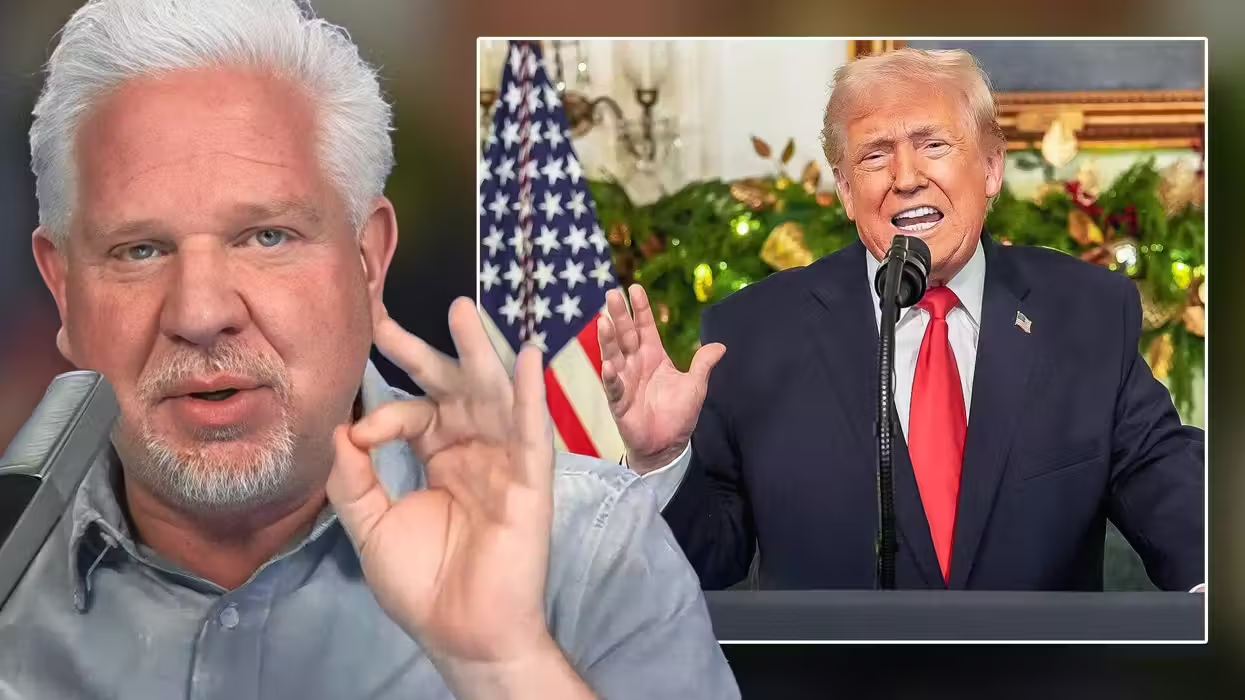
© 2025 Blaze Media LLC. All rights reserved.
If you live in a city, you’ve probably seen ads taped to street signs and scattered around the neighborhood offering pet-sitting or dog-walking services for reasonable rates. And it’s no surprise that these little businesses are everywhere. The alienation of modern city life means that many young professionals have dogs and cats to keep them company, and the long work hours make it difficult to find adequate time to provide all the care and attention good pets require.
In any market, when a need is going unfulfilled, there is opportunity for entrepreneurship. Indeed, it is the entrepreneur who, by anticipating the wants of consumers, creates economic growth and prosperity. To succeed requires a keen eye and a high tolerance for risk —admirable qualities that have always been in too-short supply.
This is why it’s always gratifying to see individuals stepping up to provide the public services, while at the same time gaining knowledge and experience about what it takes to start and build a business. If everyone had these skills, the world would be a far better place.
That’s why it’s so dismaying when governments and established interests conspire to rob the people of the opportunity to engage in entrepreneurship. That’s what’s happening in Colorado, where lobbyists have successfully convinced the government that pet sitting or dog walking without a license should be a crime.
In order to operate a local pet-watching service in Colorado, you have to get licensed as a professional “kennel.” Anyone who doesn’t jump through the specified bureaucratic hoops will be shut down.
The law is a tragedy for pet owners and pet sitters alike. Restricting the business to professional kennels means that owners who want their dogs walked will have to pay more, travel further, and have fewer choices about who they leave their pets with.
While a next-door neighbor is perfectly capable of walking a dog once a day for a few bucks, he is unlikely to go to the trouble of getting a kennel’s license. Meanwhile, the neighbor has lost the opportunity to earn some extra pocket money by doing something that pretty much anyone can do.
Why do these licensing laws exist? If you ask the legislature, they will assure you that it’s to guarantee a minimum level of quality and to ensure the safety of the animals being kept. But if there has been a rash of fraud and abuse scandals from local dog walkers in states without Colorado’s licensing requirements, I haven’t heard about them. It’s also pretty easy for a pet owner to tell whether their furry friend has been mistreated in their absence. And, in severe cases, there is always the option to press charges.
In fact, these laws don’t exist to protect consumers, but to protect the operators of current kennels who don’t appreciate the competition from individual entrepreneurs. It’s cronyism at its finest: business using government to limit competition and keep prices high.
When we think about the unholy alliance between business and government, we tend to think about oil companies, defense contractors, and generally evil-sounding conglomerates. Nobody really worries about Big Kennel. But what Colorado’s case illustrates is that no industry, however small, is immune from the corrupting influence of government power.
The Occupy Wall Street-types who rail against big businesses and want to punish them with higher taxes and stricter regulations are missing the point; the only way to protect consumers from corporate abuse is to remove that power from the government. Lobbyists will quickly scatter if there is nothing to lobby for.
Want to leave a tip?
We answer to you. Help keep our content free of advertisers and big tech censorship by leaving a tip today.
Want to join the conversation?
Already a subscriber?
more stories
Sign up for the Blaze newsletter
By signing up, you agree to our Privacy Policy and Terms of Use, and agree to receive content that may sometimes include advertisements. You may opt out at any time.
Related Content
© 2025 Blaze Media LLC. All rights reserved.
Get the stories that matter most delivered directly to your inbox.
By signing up, you agree to our Privacy Policy and Terms of Use, and agree to receive content that may sometimes include advertisements. You may opt out at any time.






